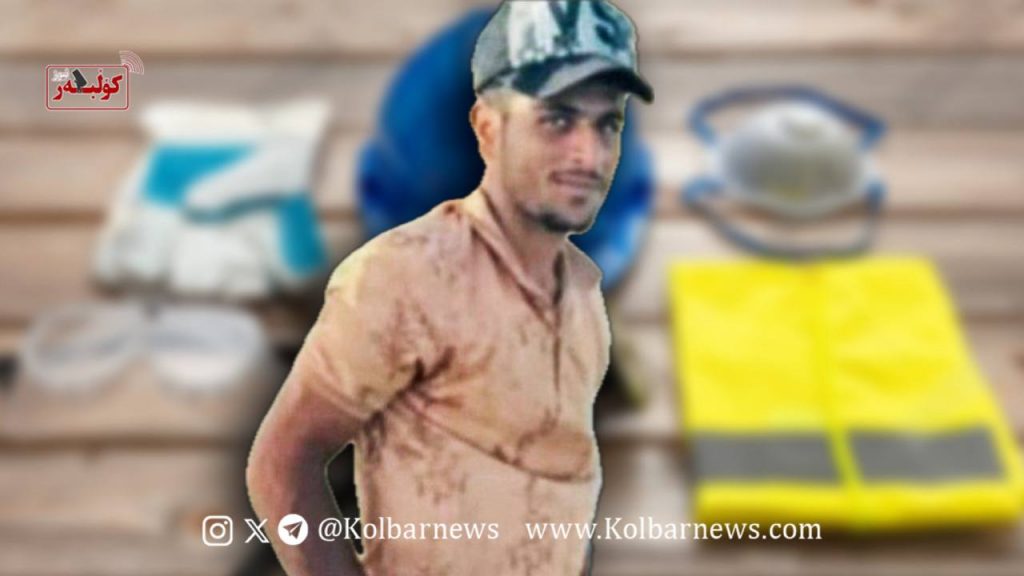
On Sunday, September 1, 2024, following the news of the death of six Israeli hostages in Gaza, hundreds of thousands of people took to the streets against Netanyahu’s government. They beat drums and shouted, “Agreement now!”
That afternoon, the Histadrut, Israel’s labor federation, called for a nationwide strike and protest for the first time since October 7, 2023, criticizing the government’s failure to ensure the release of hostages held in Gaza. Arnon Bar-David, the head of the Israeli labor federation, announced that the strike and current protest were planned to last one day but hinted that more actions might be necessary. Ron Tomer, the head of the Metalworkers Union, stated, “Peace with Hamas is essential, and its precondition is the release of the hostages.” He added, “This war has torn apart Israeli society and its economy.” The Association of Hostage and Missing Families urged Israeli citizens to join the “massive nationwide protests” and bring the country to a complete standstill. The Israel Trade Association, representing most private-sector workers in 200 of the country’s largest companies, supported the Histadrut’s call.
On Monday, hundreds of thousands of people flooded the streets with the slogan: “We want the hostages alive” and brought the country to a complete halt. Israel’s ruling elite, led by far-right parties, used the Supreme Court after six hours to declare the labor federation’s call for protests political and therefore illegal. Although the federation’s leaders and its affiliated unions stated that they “would comply with the law,” protesters continued strikes and demonstrations in some cities, chanting, “The hostages’ blood drips from Netanyahu’s claws.”
The Israeli military discovered the bodies of the hostages on August 31 and claimed that Hamas had killed them. However, Hamas’s negotiation leader denied Israel’s claim. Members of Hamas’s negotiating team alleged that every time the two sides got close to an agreement, Israeli negotiators would introduce new conditions, leading to a stalemate. Hostages’ families and relatives also said the hostages were alive just a few days ago, accusing Netanyahu of refusing to compromise with Hamas to stay in power and holding him responsible for the deaths of their loved ones.
The deaths of the hostages have intensified the rift between the reactionary defense minister and the prime minister. Hypocritically, Biden also accused Netanyahu of failing to act on the hostages’ release. Opposition leader Yair Lapid has fiercely attacked Netanyahu. In an interview on Tuesday, September 3, with Israel’s “Channel 13,” Lapid noted that the prime minister always finds excuses to continue the war, from his previous insistence on military control over the Rafah crossing to his current demand to control the Philadelphi Corridor (a narrow strip between Egypt and Gaza). Lapid added, “The only thing that matters to him is that his government doesn’t fall.” He stated that no one in Israeli history has done more to strengthen Hamas than Netanyahu. Lapid went on to accuse Netanyahu of “handing Hamas suitcases full of dollars” to destabilize the Palestinian Authority and deepen internal divisions among them.
These strikes and protests, which have emerged since the Israeli military’s full-scale attack on the people of Gaza, killing over 40,000—two-thirds of them women and children—and devastating the strip, are the largest actions against the far-right Israeli government. Netanyahu’s fate is tied to the continuation of the war and even its expansion in the region. If these unprecedented actions succeed in toppling his government, he will likely face immense pressure and even imprisonment for his corruption and embezzlement cases. However, the issue goes beyond the fate of one reactionary politician.
These massive and widespread actions reflect a deep crisis within Israeli society. This crisis is itself part of the deepening global crisis of capitalism. Despite being under the control of a reformist federation, the Israeli working class, with the actions of Sunday, Shahrivar 11, and the days that followed, demonstrated that it is the only force capable of addressing the complex issues facing Israeli society, one of the most important of which is the Gaza war.

